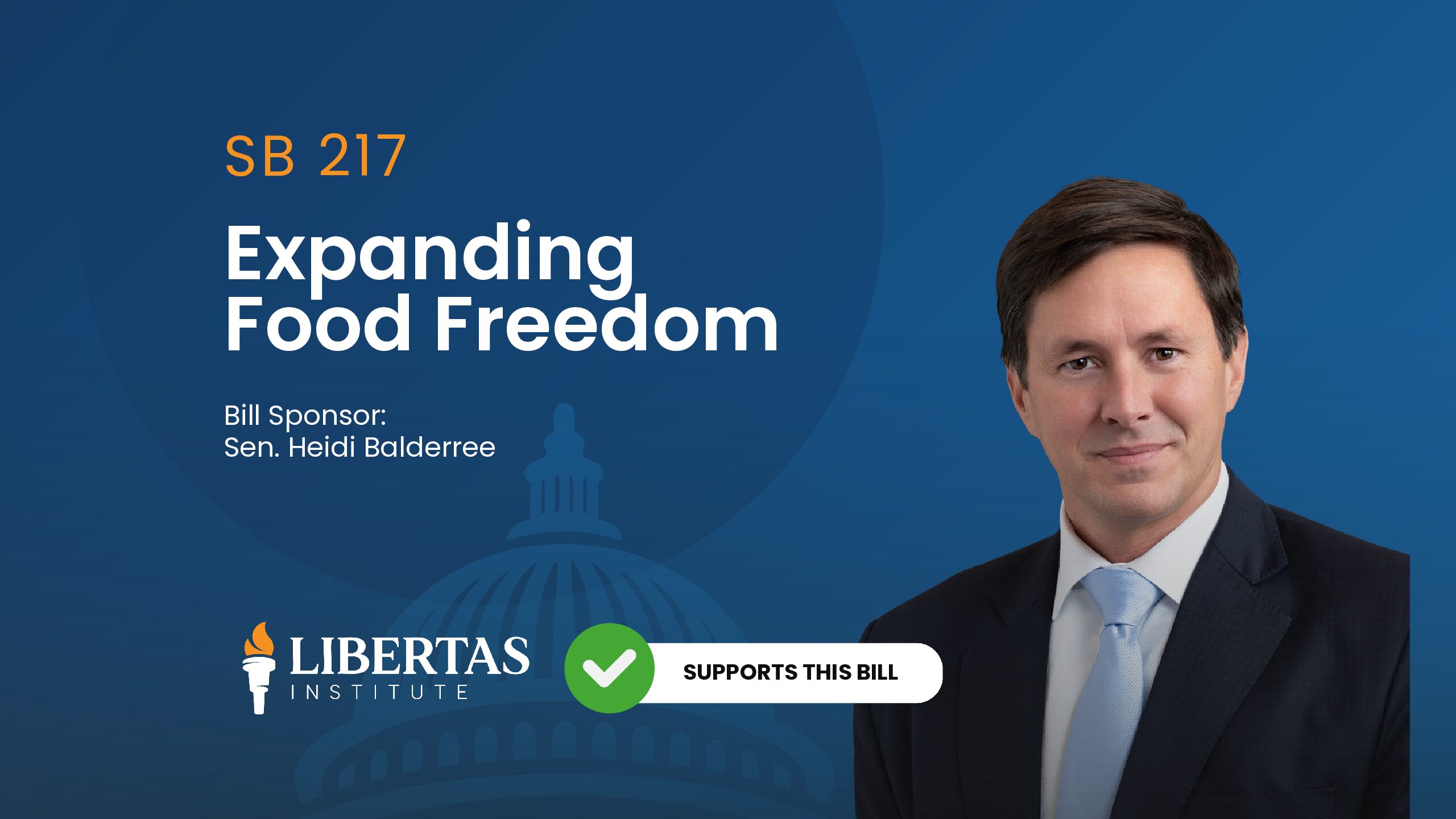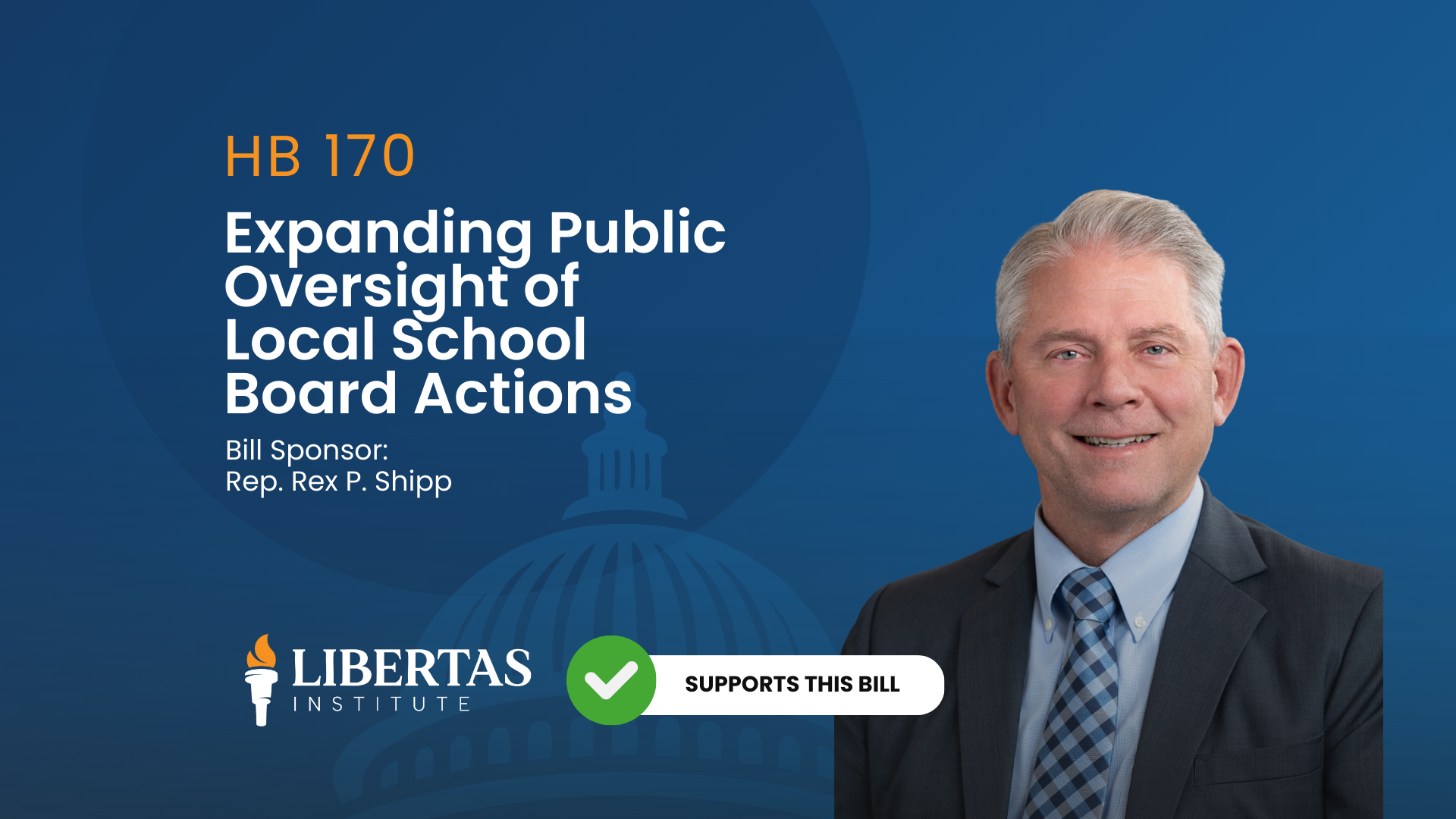This bill passed the Senate 24-4 and the House 41-32. Libertas Institute opposes this bill
This past October, after several deep dive meetings to address Utah’s outdated criminal laws, the legislative Criminal Code Evaluation Task Force unanimously agreed to positively recommend a bill for the 2019 session. The legislation is moving forward as House Bill 40.
Another bill came up late in the meetings, and was contentious and did not have consensus. That bill is Senate Bill 43, sponsored by Senator Karen Mayne.
There are various piece to the bill. One piece was our own proposal—repealing the crime of fornication. Another piece reduces to an infraction the crime for failing to return a marriage license after solemnizing a marriage.
But the problematic piece is a first degree felony for a person who causes the death of another by distributing a drug as part of a “continuing criminal enterprise.” If a person involved in a larger drug ring sells a drug to another person and that person dies, SB 43 would make it a first degree felony with a minimum of seven years imprisonment.
This crime lacks intent language—in other words, it’s a first degree felony even if the person didn’t know that the drug would kill the other person or intend for it to do so. We have suggested an amendment to add this intent language and narrow the new crime, but the sponsor and supporters have chosen to reject this amendment.
As it stands, while we support the elimination of fornication as a crime, we cannot support this bill unless and until the first degree felony is narrowed to apply on when there was knowledge or intent involved in the person’s death.




